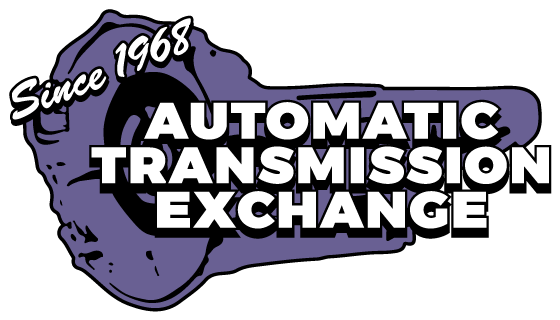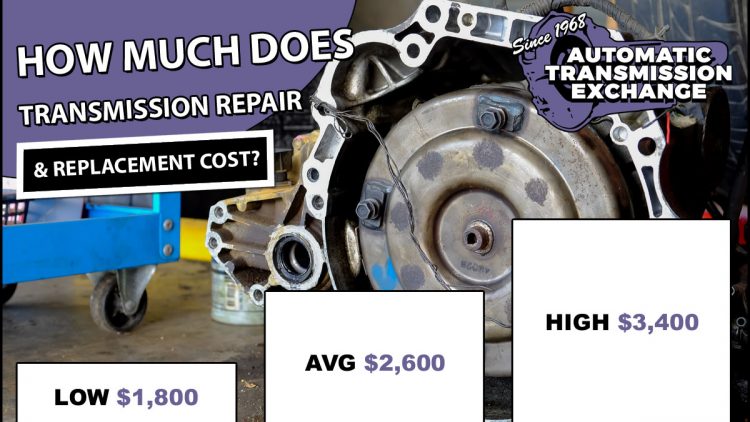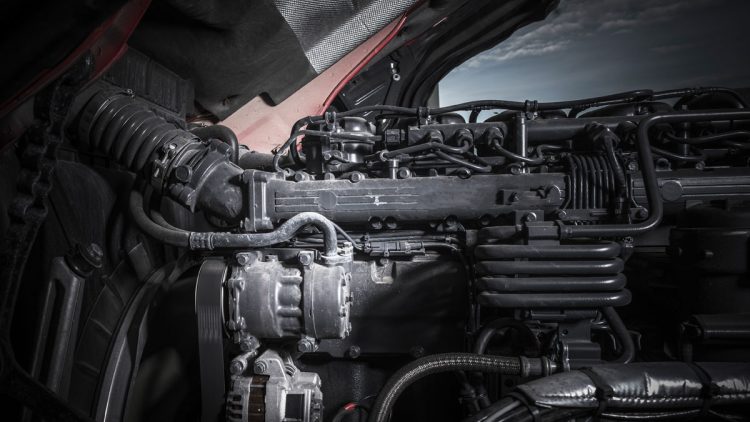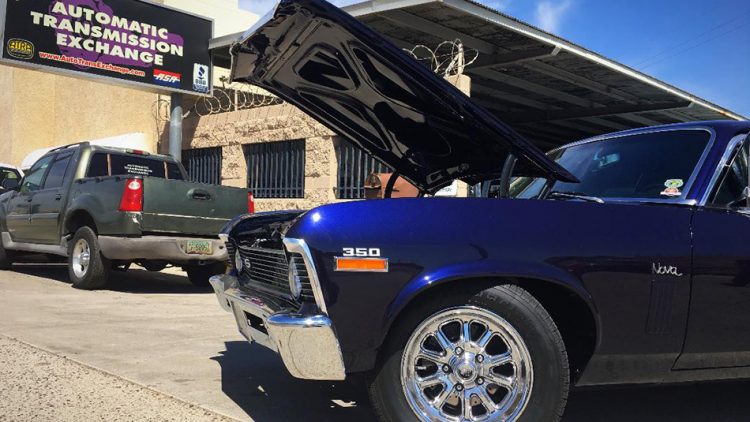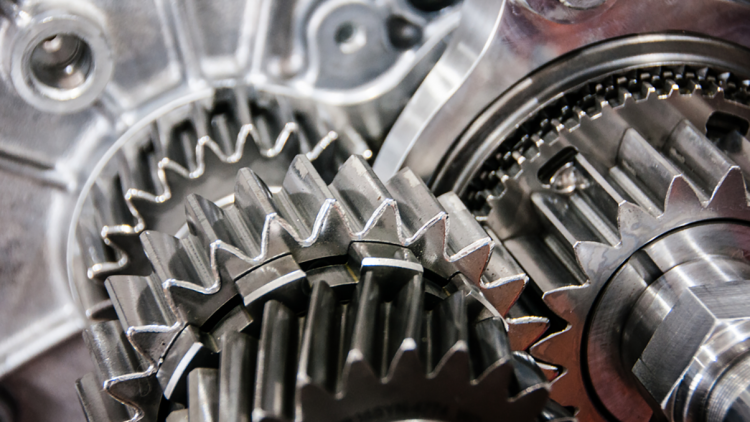Transmission Repair and Replacement Costs 2021
On average, transmission replacement costs about $2,600, with average prices to replace a transmission ranging from $1,800 to $3,400 in the US for 2021 according to TransmissionRepairCostGuide.
How much does transmission repair cost?
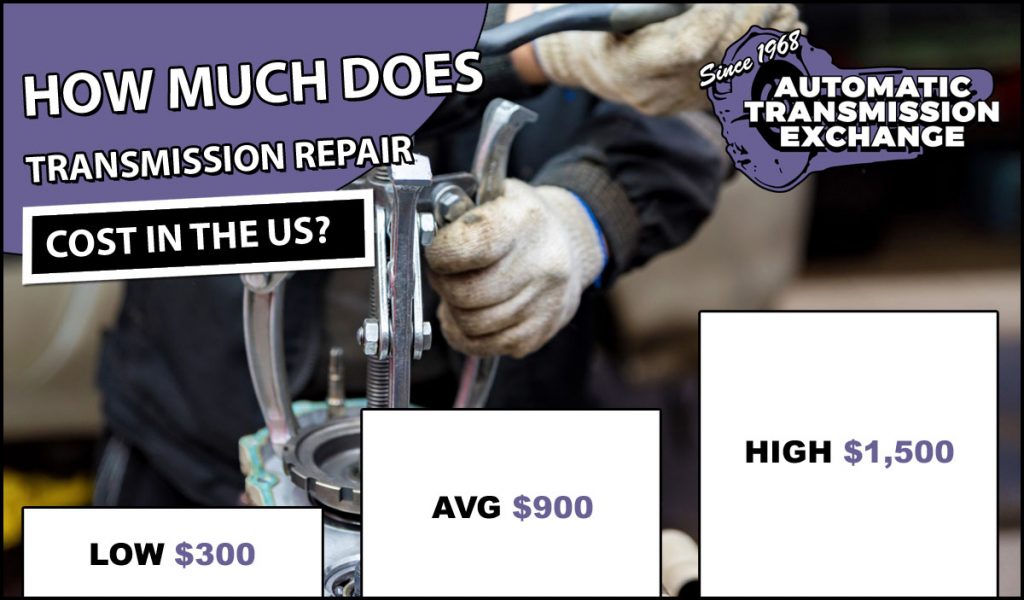
On average, transmission repair cost about $900 with average prices ranging from $300 to $1,500 depending on what repair needs to be done. A new transmission clutch, for example, will cost you about $1,150 with average pricing ranging from $800 to $1,500.
How much does a new transmission cost?
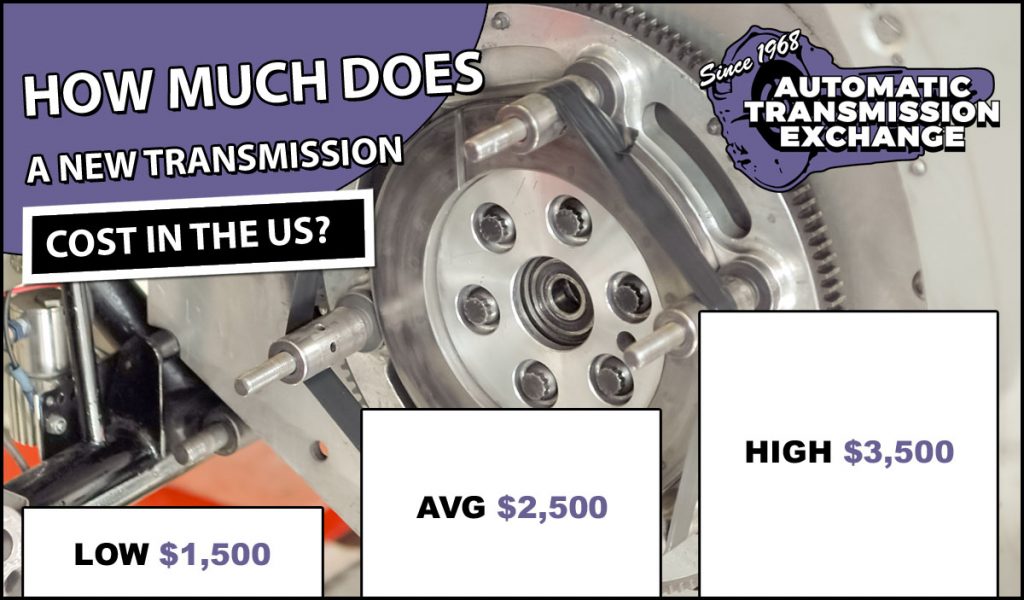
A new transmission will cost about $2,500, with average prices ranging from $1,500 to $3,500 in the US for 2021 according to AutoZone’s website. Your local AutoZone has everything you will need for transmission replacement if you plan on doing it yourself.
How much does a transmission flush service cost?
The average cost of a transmission flush is about $87.50, with average prices for a fluid change ranging from $125 to $250 in the US for 2021. This price estimate includes replacing old fluid with new fluid up to 22 quarts. Angie’s list confirms that prices range with actual estimates ranging from $205 to $240 left by customers who recently got their transmission fluid changed.
How much does it cost to rebuild a transmission?
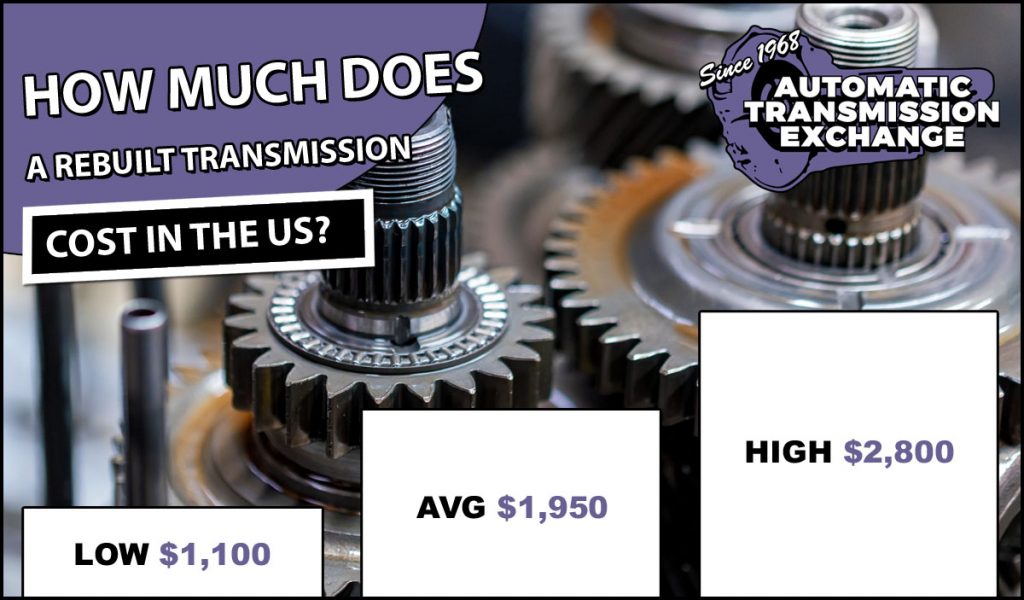
On average, a rebuilt transmission costs about $1,950 with average prices ranging from $1,100 to $2,800 in the US for 2021. MyTransmissionExpert says the cost to rebuild a transmission is about $2,250, with average prices ranging from $1,500 to $3,000.
How much does transmission replacement cost?
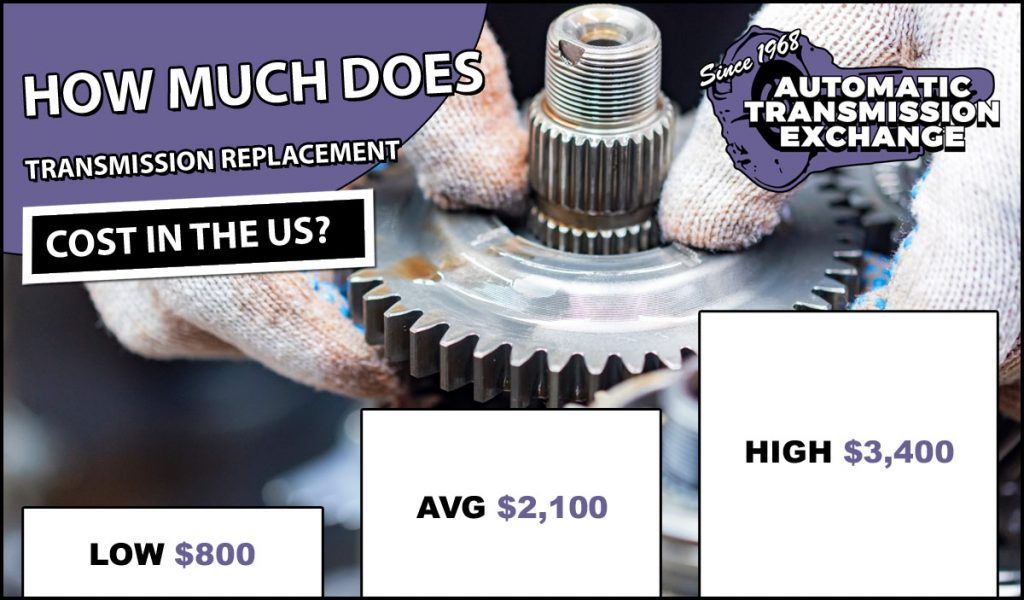
Transmission replacement will cost anywhere from $800 to $3,400 depending on the type of transmission you are buying. Used transmissions cost about $1,150 with average prices ranging from $800 to $1,500. Rebuilt transmissions cost about $1,950 with average prices ranging from $1,100 to $2,800. And, remanufactured transmissions cost about $2,350 with average prices ranging from $1,300 to $3,400 according to TRCG.
Transmission flush cost at Jiffy Lube
On average, transmission flush at Jiffy Lube costs about $150 with average prices ranging from $100 to $200 in the US for 2020. According to CarsDirect, “Jiffy Lube’s $100 automatic transmission flush, done by entry-level people, is incomplete. They will not change the automatic transmission filter, a key part of the flush, but which also violates the corporate 15-minute service rule”.
Where to Find Transmission Repair and Replacement Services Near Me?
You can find local transmission repair shops on Google search by searching “transmission repair near me”, “transmission shops near me”, “transmission replacement near me”, and reading reviews on their business listings. Make sure and call around for general price estimates as the first place you call doesn’t always offer the cheapest transmission repair and replacement services.
Transmission Service, Repair, & Replacement Services in Phoenix, AZ
We offer a full range of auto transmission repair and replacement services from automatic transmission to manual transmission to the entire Phoenix Metro area.
*Disclaimer – This is not an actual quote. Your transmission repair or replacement cost could be different than the prices you see on this guide. The only way to get an actual estimate is by searching for transmission repair and replacement shops near you. Contact Automatic Transmission Exchange if you are in the Phoenix area and need transmission repair or replacement.
